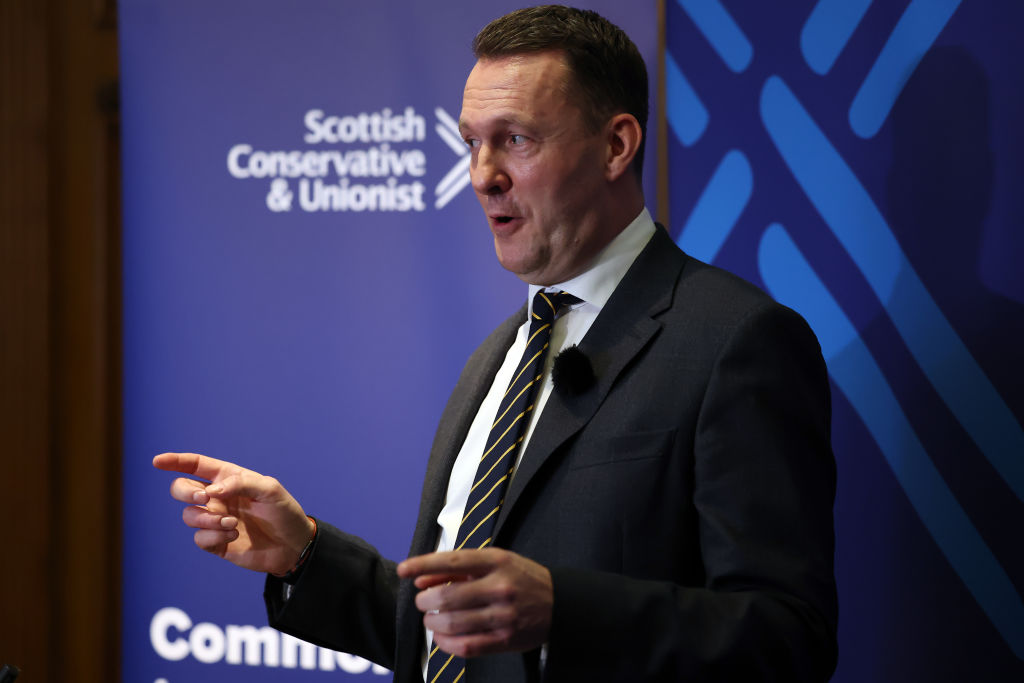What do the Tories do with a problem like Reform? Kemi Badenoch’s party in Westminster has some time to consider this, with over four years to go until it has to put her strategy – whatever that is – to the test. But the same cannot be said of Russell Findlay, the Scottish Conservative party leader, who has an election in just over a year.
While the UK group will be benchmarked against an historically poor Tory result in the 2024 general election, Findlay will be benchmarked against the best Holyrood election result in Tory history, with Douglas Ross winning 31 seats and a near one-quarter vote share. Seat extrapolations from current polling have the Tories down in the mid-teens and, in most polls, only a seat or two ahead of Reform.
Tory MSPs are worried. Most of them are elected via Holyrood’s directly proportional party list system and it is likely that one or two in each of the eight regional lists will lose their seat. Once party members order the candidates, it will be very clear which MSPs are on notice – and party insiders tell me that they will delay the ranking process as long as possible to minimise the time sitting MSPs are ‘off the leash’ (or, worse, to attempt to prevent them from defecting in exchange for a number one position on a Reform party list).
MSPs are also decidedly more sceptical than their Westminster counterparts about the strategy of attempting to out-Reform Reform. Generally a little softer and more centrist, most Scottish Tory politicians struggle to reconcile Reform-style messaging. Findlay himself cannot credibly be accused of pushing the populist nationalism sweeping the globe. He is clearly not. Nonetheless his ‘common sense’ conservatism – with its focus on giving locals the power to stop renewable energy development and preventing asylum seekers being given taxpayer-funded bus passes – means comparisons with his agenda and that of Reform UK are inevitable.
To make matters worse, Reform’s Scottish representatives, such as Glasgow’s most prominent former Tory councillor Thomas Kerr and party organiser Martyn Greene, are softly spoken moderates who sound perfectly aligned to Findlay’s common sense revolution. The concern amongst Tory MSPs is that voters, like these councillors, will see two parties which essentially say the same things and will choose the shiny new version rather than the one with decades of baggage.
The Scottish Tories’ best bet may be to cross their fingers and hope for the best. There is a sense that Reform’s polling in Scotland may be over-inflated by the whiplash from last year’s general election, and that what looks like 15 or 16 seats may end up being more like 7 or 8, with the drop-off going back to the Tories. And the closer Farage hugs Donald Trump, the more likely a wavering voter is to gravitate to the more respectable Tories. So far, though, so good for Reform UK in Scotland. During deputy leader Richard Tice’s visit to Scotland today, two more Tory councillors announced their defection. Who will be next?







Comments